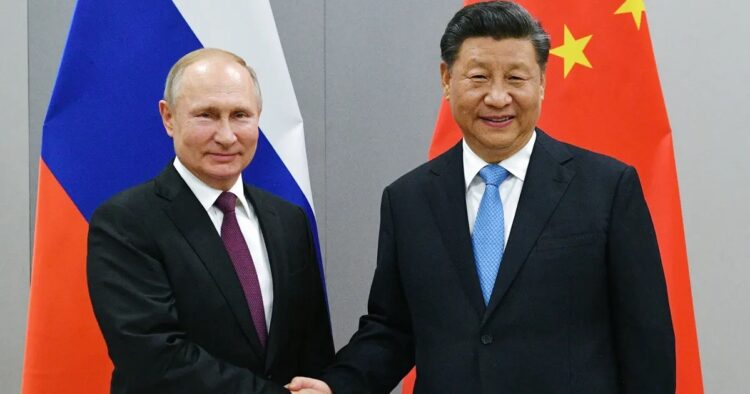In a recent statement, China has strongly criticized NATO countries for their reaction to the death of Russian opposition leader Alexei Navalny. The Chinese Foreign Ministry spokeswoman, Mao Ning, denounced NATO’s actions, accusing them of interfering in Russia’s internal affairs and attempting to escalate tensions.
Ning emphasized that NATO should refrain from engaging in what she called “tricks” aimed at inflaming tensions and expanding their influence. She urged NATO to focus instead on promoting peace and stability in Europe, rather than smearing China and fostering confrontation.
Regarding Navalny’s death, Ning reiterated China’s stance that it is an internal matter for Russia. She offered no further explanation regarding the circumstances surrounding Navalny’s demise but insisted that China does not interfere in the internal affairs of other countries.
Furthermore, Ning questioned the basis for NATO leaders’ immediate attribution of blame to Russian President Vladimir Putin for Navalny’s death. She highlighted the lack of evidence and emphasized the importance of conducting a thorough investigation before drawing conclusions.
The United States Vice President, Kamala Harris, was among those who pointed fingers at Putin, describing Navalny’s death as a sign of his brutality. However, Russia’s Foreign Ministry pushed back against these accusations, criticizing NATO and its allies for rushing to judgment without sufficient evidence.
Russia’s Foreign Ministry spokeswoman, Maria Zakharova, accused NATO of benefiting from Navalny’s death and suggested that the Western response had been prepared in advance. She highlighted the lack of a forensic examination and criticized the immediate accusations leveled against Russia by NATO leaders.
Overall, China’s criticism of NATO’s response to Navalny’s death underscores the ongoing tensions between global powers and highlights the complexities surrounding international affairs. As the situation continues to unfold, the need for diplomacy and evidence-based decision-making remains paramount.

















Comments